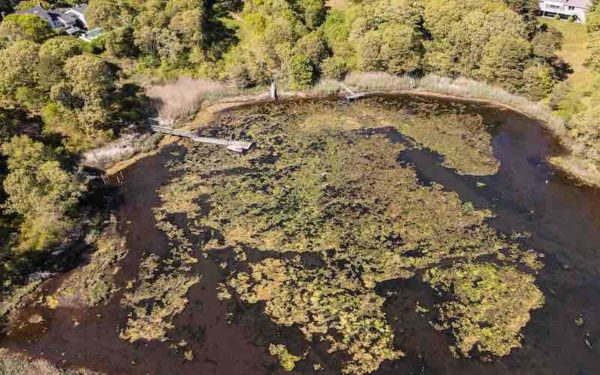Heat Pumps Can Keep You Cool in the Summer
When temperatures climb, this climate-friendly technology can help keep you cool, too
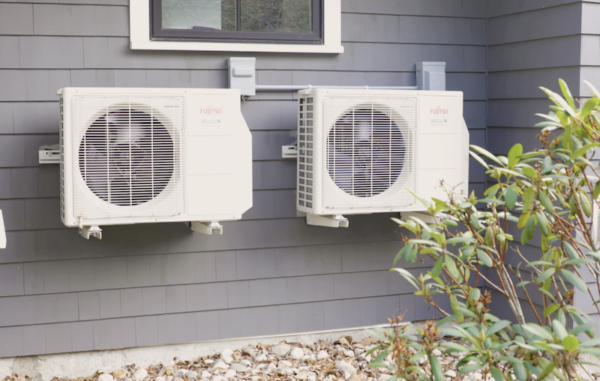
When temperatures climb, this climate-friendly technology can help keep you cool, too

Around New England and around the country, the summer of 2023 was a summer of extreme weather.
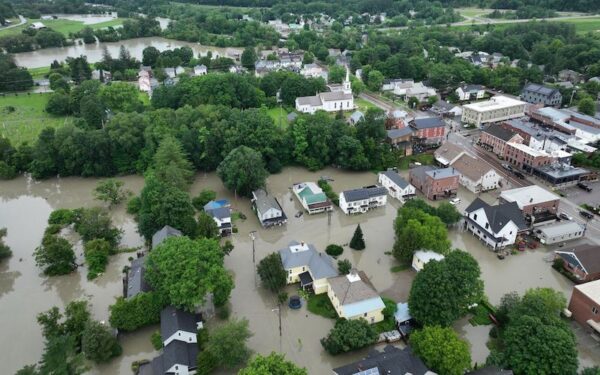
North Atlantic right whales are on the verge of extinction – and we humans remain the biggest threat to their survival. Scientists are clear: We can’t afford to lose even one whale a year due to human causes if this critically endangered species is to recover. Collisions with boats and ships are one of those… Continue reading Special Interests Aim to Sink Regulations Protecting Endangered Right Whales
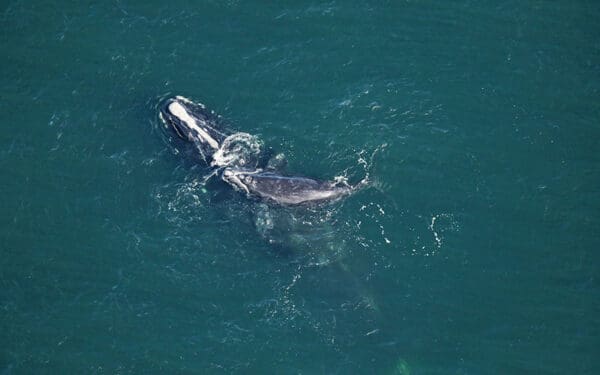
Climate justice is about recognizing that climate impacts, such as extended heat waves, stronger winds, and intense rainstorms, disproportionately affect marginalized communities. It calls for urgent action to prevent further harm and ensure equitable access to clean energy solutions, prioritizing historically marginalized communities for a sustainable and fair future.

Climate change means heat waves are getting longer and more frequent. But cities can prepare by implementing three simple steps.

“Single-use beverage containers pollute our communities and our planet at every stage of their lives, and the problem is only getting worse,” said CLF Senior Attorney Mara Shulman. “A new bottle bill would go a long way to clean up the scourge of litter in Rhode Island’s communities while ramping up recycling rates across the state. The formation of a study committee is a great first step, but we certainly have more work to do in getting a bottle bill on the books in the next session.”
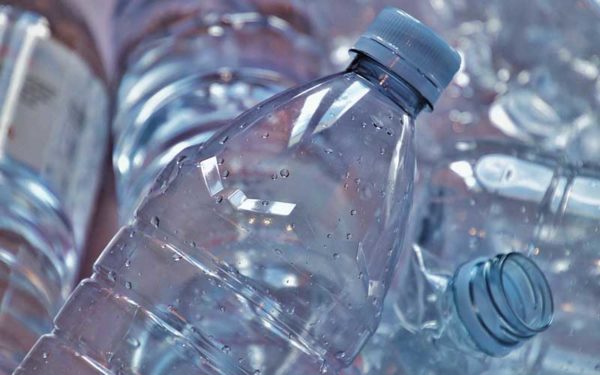
“The legacy of metallic mineral mining in Maine is one of empty promises of economic development, acid mine drainage polluting waters and killing fish, and multi-million dollar cleanups funded by taxpayers and not the fly-by-night mining companies like Wolfden,” said Sean Mahoney, vice-president and senior counsel at the Conservation Law Foundation, in a statement.
“The legacy of metallic mineral mining in Maine is one of empty promises of economic development, acid mine drainage polluting waters and killing fish, and multi-million dollar cleanups funded by taxpayers and not the fly-by-night mining companies like Wolfden,” said Sean Mahoney, Vice-President and Senior Counsel at Conservation Law Foundation. “Rezoning this area to allow mining would fail to recognize the cultural and spiritual importance of the land to the Wabanaki Tribes and threaten the natural resources and experiences valued by generations of Maine citizens.”
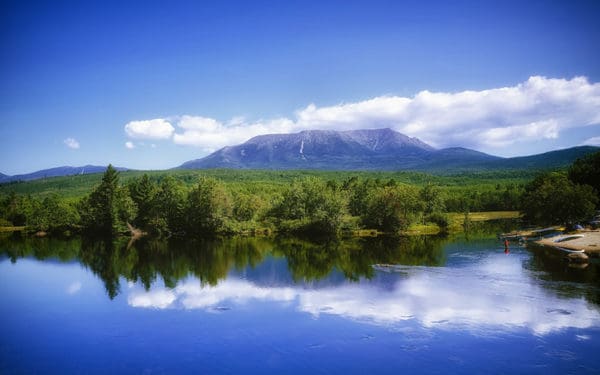
Litter is taking a toll on Massachusetts’ health and economy. These three reasons show how an updated bottle bill could help us change that.
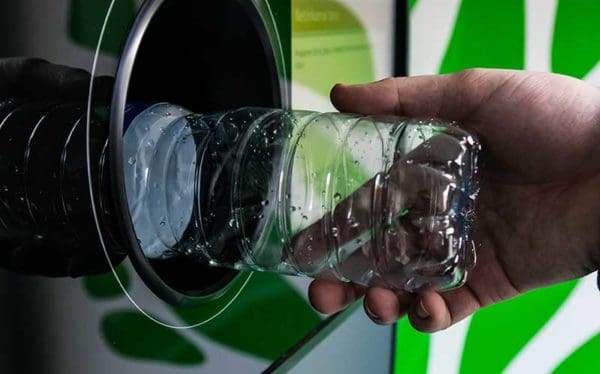
Ineffective septic tanks release high levels of nitrogen in wastewater which can cause toxic algae outbreaks in the Cape’s waters, which in turn place people at risk, harm fish and wildlife, and dampen tourism. CLF released the following statement in response to today’s news.
“Pollution from septic tanks has pushed Cape Cod’s waters to the brink of disaster,” said CLF attorney Maggie Nivison. “Toxic algae outbreaks destroy our waters, sicken people, and threaten the Cape’s critical tourism economy. The state has finally taken this crisis seriously, and these new rules are a tremendous first step in finally combatting this pervasive problem.”
